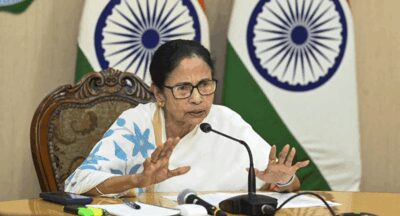India has launched a series of missile strikes on Pakistani territory, targeting what it describes as terrorist infrastructure, in a significant escalation of hostilities between the two nuclear-armed neighbours. The operation, codenamed Operation Sindoor, was initiated in response to a deadly terrorist attack in Pahalgam, Indian-administered Kashmir, which resulted in the deaths of 26 civilians, predominantly Hindu tourists.
The Indian military reported that the strikes focused on nine locations across Pakistan and Pakistan-administered Kashmir, including Kotli, Muzaffarabad, and Bahawalpur. According to Indian officials, these sites were believed to be training camps and logistical hubs for militant groups linked to the Pahalgam attack. The Indian Ministry of Defence stated that the operation aimed to dismantle the infrastructure supporting cross-border terrorism.
Pakistan’s Inter-Services Public Relations confirmed the missile strikes, reporting that three civilians, including a child, were killed and at least 12 others injured. ISPR Director General Lt Gen Ahmed Sharif Chaudhry condemned the attacks as unprovoked aggression, asserting that the missiles targeted civilian areas rather than military installations. He declared that Pakistan would respond at a time and place of its choosing, emphasizing the nation’s right to self-defence.
In retaliation, Pakistan claimed to have shot down two Indian fighter jets that allegedly violated its airspace. Additionally, Pakistani forces reported targeting and destroying an Indian brigade headquarters, though the location of this facility was not disclosed. These claims have not been independently verified.
The escalation has prompted widespread concern among the international community. The United Nations Secretary-General called for maximum restraint from both sides, urging dialogue to prevent further deterioration of the situation. Major powers, including the United States, the United Kingdom, Russia, Saudi Arabia, and the United Arab Emirates, have been briefed by Indian officials regarding the strikes.
Domestically, Pakistan has declared a state of emergency in Punjab province, mobilizing hospitals and rescue teams to respond to potential casualties. Pakistan International Airlines has suspended flights, and several international carriers are avoiding Pakistani airspace due to safety concerns. Civilians in affected regions have reported panic and disruption amid ongoing cross-border artillery exchanges.
The Pahalgam attack, which occurred on 22 April, was one of the deadliest assaults on Indian civilians in over a decade. India has attributed the attack to The Resistance Front, a group it alleges operates as a proxy for Pakistan-based militant organizations. Pakistan has denied any involvement, rejecting the accusations as baseless.
The current standoff has led to a series of retaliatory measures from both countries. India has expelled Pakistani diplomats, suspended visa services, and withdrawn from the Indus Waters Treaty. In response, Pakistan has closed its airspace to Indian aircraft, suspended the Shimla Agreement, and imposed trade restrictions. These actions have further strained diplomatic relations and heightened the risk of a broader military confrontation.




 Private Sector Capex Yet To Do The Heavy-Lifting: NSO Survey
Private Sector Capex Yet To Do The Heavy-Lifting: NSO Survey 